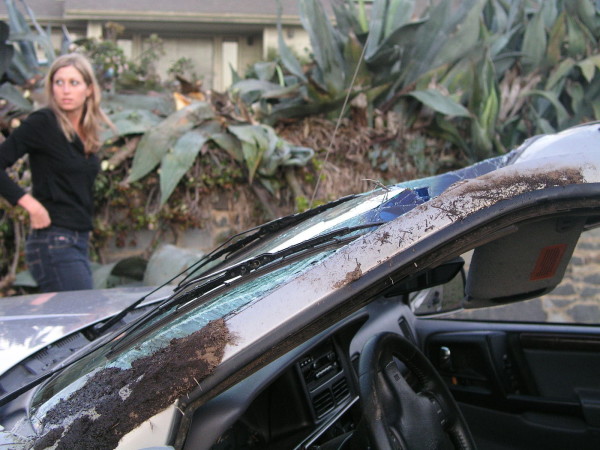- March 15, 2017
- Posted by: Liam Dai
- Category: Uncategorized

Involved in a Car Accident That’s NOT Your Fault? Here’s What to Do (Part One)
Bang! Crash! Ever been involved in an accident that wasn’t your fault? Dealing with an accident is never fun. While dealing with the injuries and delays, there’s also the matter of dealing with the insurance company when making a claim with another person’s insurer. Known as a “third party claim,” receiving money for the accident’s damages can be a headache and stressful scenario.
In this article, we’ll take a look at the steps you can take to make sure your claim is processed, quickly, and as stress-free as possible.
Gather All of the Necessary Information
After the dust settles, you’ll need to gather information on the other party. This includes the driver’s:
- Name
- Address
- Insurer’s Name
- Insurance Policy Information
- Statements from witnesses (with contact info)
- Pictures from the accident scene
Notifying the Right People
Inform the other person’s insurance company that you’ve been involved in a collision with their policyholder. Only provide the facts of the accident, even if you believe the other driver to be at fault. Police officers determine who is ultimately at fault for ticketing purposes.
Contacting your insurance company establishes your good-faith accident-reporting effort. This aids you in the future if the other party’s insurance company denies responsibility, forcing you to make a collision claim.
Authorized Repairs
In a perfect world, you should only have to notify the other party’s insurance company of your damages, medical bills, and take your car to a body shop to be reimbursed.
Unfortunately, this is where the stress can begin. Some car insurance companies demand that you obtain an authorization BEFORE seeking treatment for injuries and your vehicle. Without authorization, it can create problems between pricing disputes.
The best course of action you can take is to make sure that the insurer has accepted liability before going ahead with repairs/bills (if possible). To make sure you’re covered legally, have the authorization in writing and emailed to you.
As a legal side note, you’re not required to have authorization, per se, and can take your vehicle to whatever body shop you please; however, it shows that you’re willing to work with them for a compromised solution and speeds up the process of recouping damages.
Who’s Really At-Fault?
The at-fault driver’s insurer may deny your claim if there isn’t significant evidence of wrong-doing, a police report, or that the damage was minimal (under $500). If this happens, talk to your insurer—the insurer may choose to back you up, cover your expenses, and take legal action against the at-fault driver’s company.
If you have collision coverage, your insurance company will compensate your damages if you pay your deductible; if the company settles with the other company, your deductible may be reimbursed. Do be aware that this won’t necessarily raise your premiums if your company settles with the other (most states prohibit this practice), but you may be at risk to be dumped by your insurer when it comes time for renewal..
Lawyer Up!
